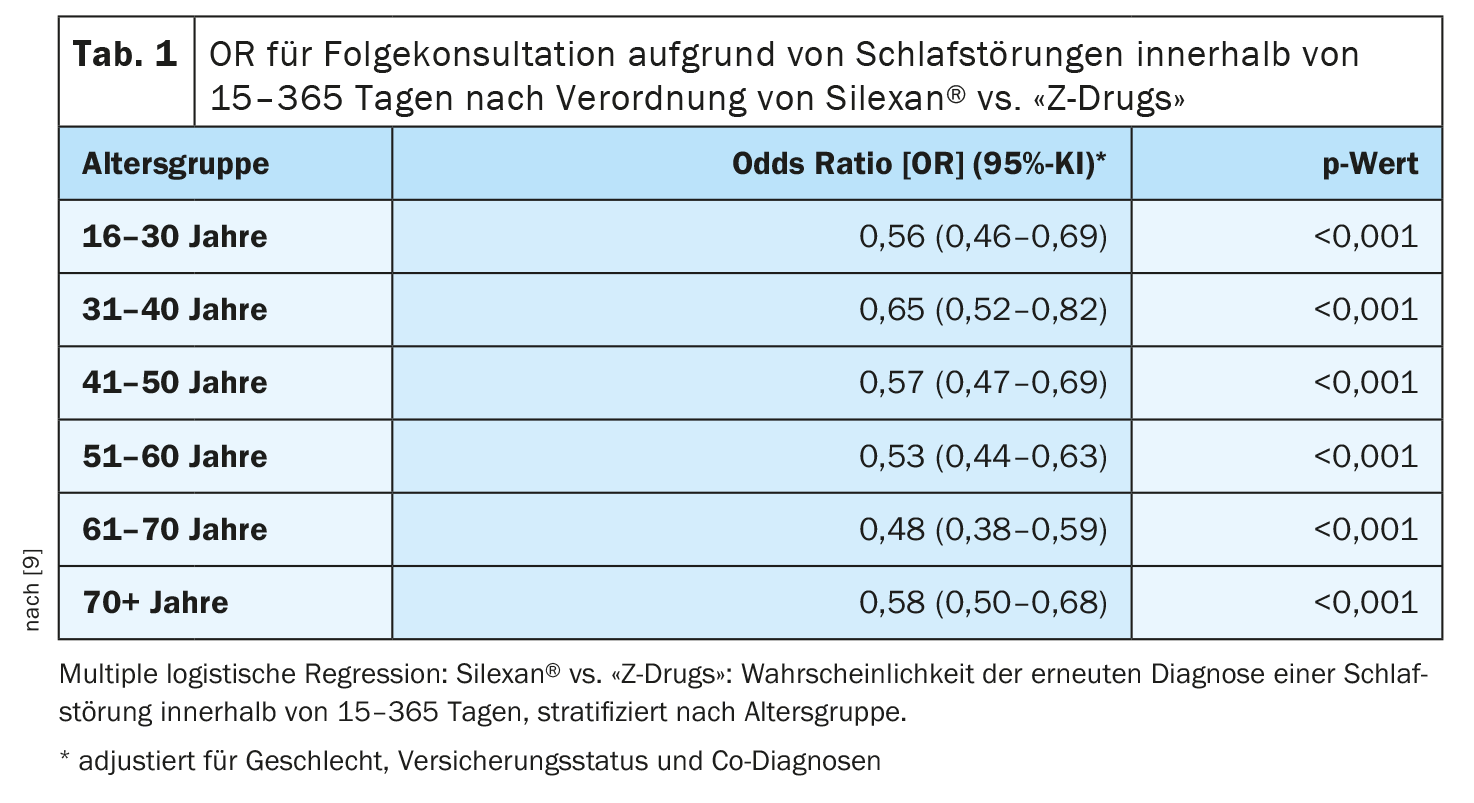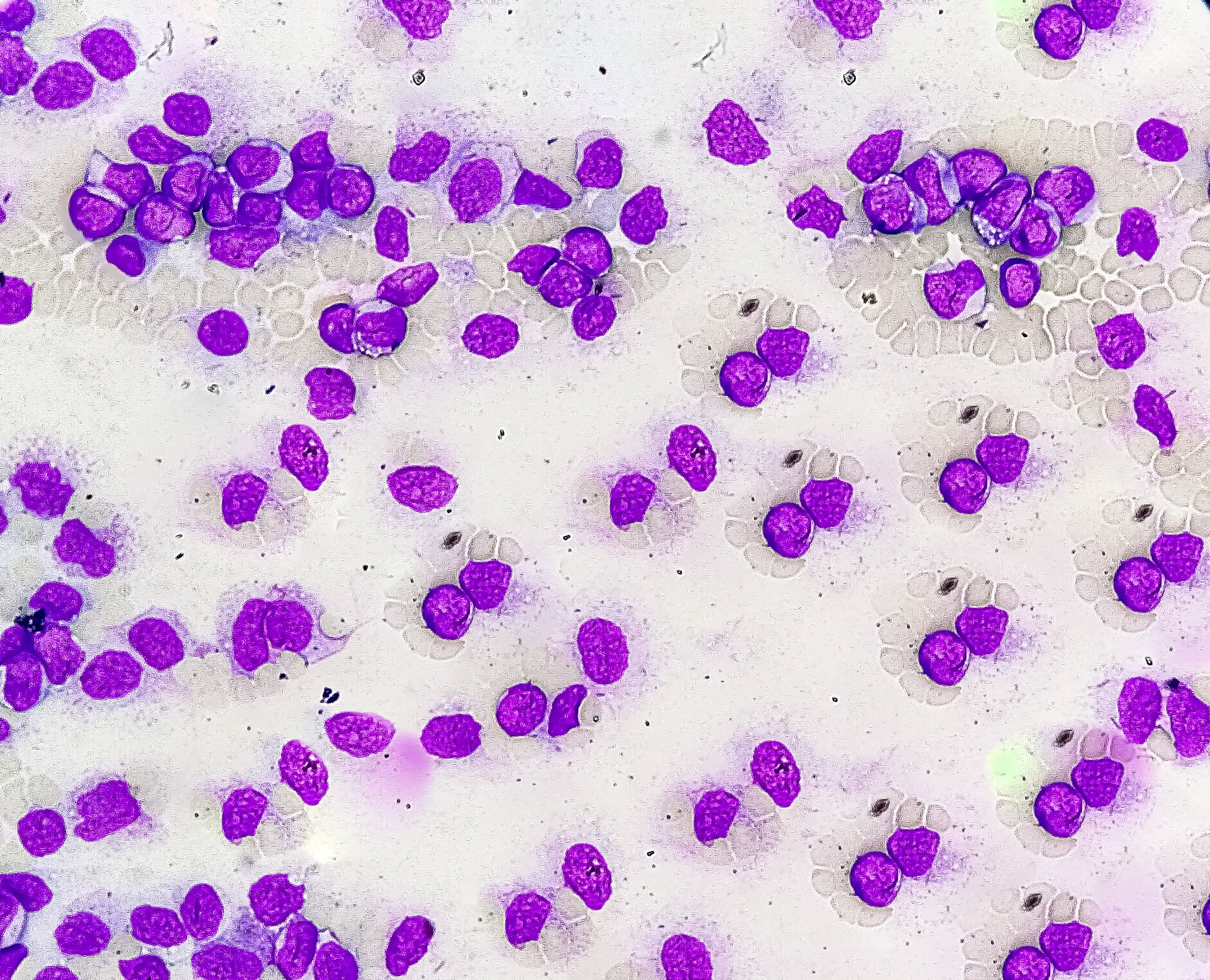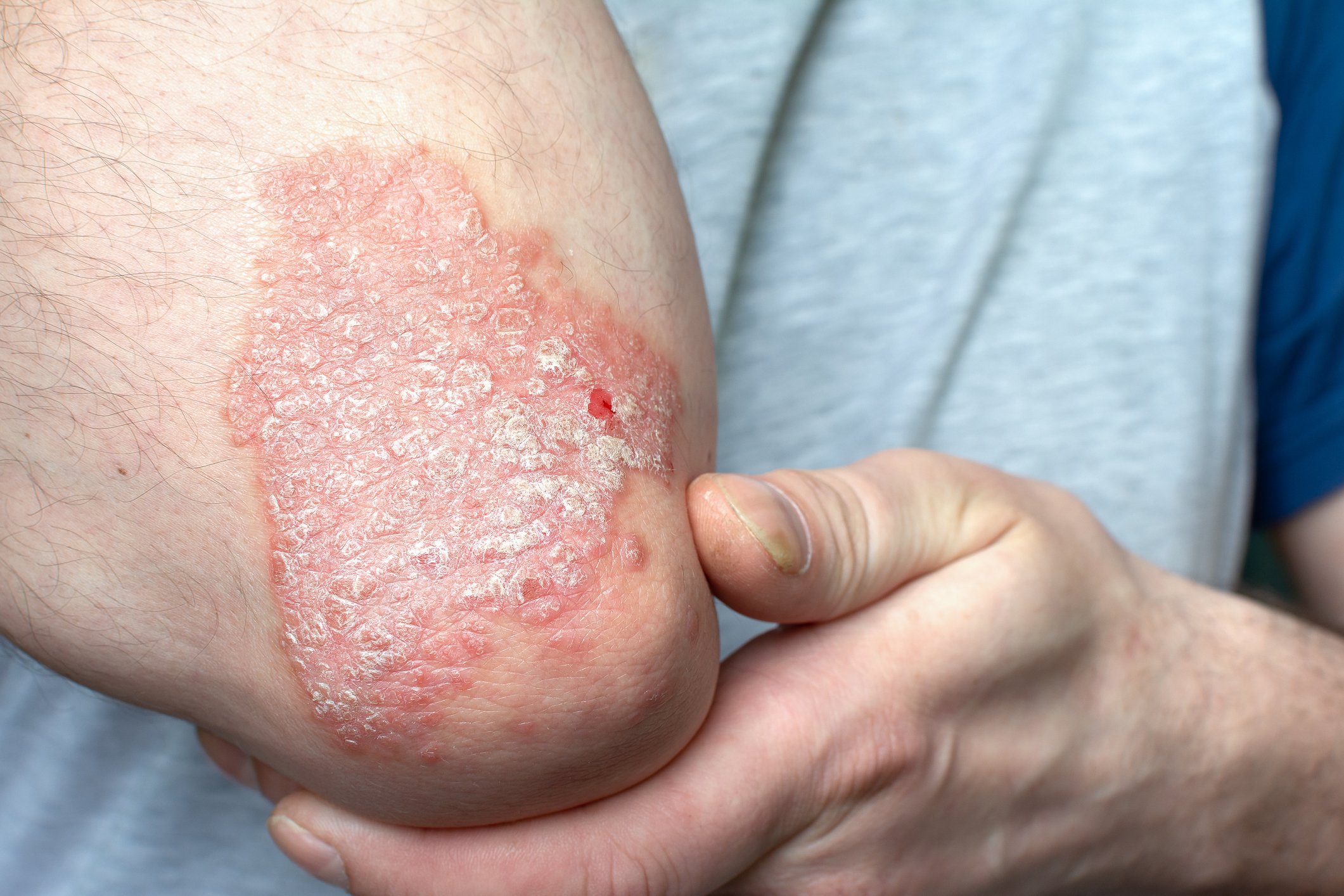From a retrospective cohort study published in 2023 by Krüger
et al. shows that patients undergoing GP treatment for sleep disorders were less likely to require follow-up consultations when prescribed a lavender oil-based phytotherapeutic medicine than when prescribed benzodiazepine receptor agonists from the “Z-drugs” group. Patients with anxiety symptoms in addition to sleep disorders can particularly benefit from the well-tolerated phytotherapeutic agent with anxiolytic effects.
GPs are usually the first port of call for sufferers of sleep disorders (box) . The causes of sleep disorders can be very different [11]. It is not uncommon for insomnia to be associated with mental illnesses such as depression or generalized anxiety disorder (GAD) [11]. If non-pharmacological measures do not lead to an improvement in sleep disorders, pharmacotherapeutic treatment should be considered. The “Z-drugs” zolpidem and zopiclone, which belong to the benzodiazepine receptor agonists, are classified as effective sleep-promoting drugs in the current guideline for short-term use (3-4 weeks) [1,10]. Due to the risks of side effects, however, no recommendation is made for long-term treatment. Phytotherapeutics are also mentioned in the guideline. The proprietary lavender oil Silexan® (WS® 1265) is obtained by steam distillation from the inflorescences of true lavender (Lavandula angustifolia) and complies with the specifications of the European Pharmacopoeia [4]. Several studies confirm the placebo superiority of Silexan® in subsyndromal anxiety disorders or GAD [5–7]. Seifritz et al. have also shown that Silexan® has sleep-promoting effects in patients with anxiety disorders [8]. In a retrospective cohort study, Krüger et al. investigated the question of how the prescription of Silexan® vs. “Z-drugs” is associated with the use of GP follow-up consultations [9].
| Sleep disorders, including insomnia, parasomnia, hypersomnolence and sleep-related breathing disorders, are among the most common diagnoses in everyday clinical practice [1,2]. In ICD-10, sleep disorders are assigned to codes G47-F51 [3]. The current S3 guideline recommends offering drug therapy for sleep disorders in patients for whom cognitive-behavioral therapy measures and associated lifestyle changes are not sufficient [10]. In addition to synthetic active ingredients, phytotherapeutic substances with a sleep-promoting effect are also available. |
In total, data from over 95,000 patients was analyzed
The analysis included data from patients with sleep disorders who were prescribed Silexan® (n=5204) or “Z-Drugs” (n=90 526) [9]. Patients who received Silexan® were on average younger (48.7 vs. 61.5 years) and more often female (66.4% vs. 59.6%) than patients who were treated with “Z-drugs”. The latter were slightly less likely to have a depressive disorder (18.4% vs. 21.7%), an anxiety disorder (5.5% vs. 11.3%) or a stress-related adjustment disorder (8.0% vs. 13.2%) than the Silexan® patients. In 15.6% of patients treated with Silexan® and 28.6% of patients treated with “Z-Drugs”, a further consultation with a GP was required within 15 to 365 days due to sleep disorders. Looking at the results of the multivariate logistic regression model, a prescription of Silexan® was associated with a 44% lower probability of needing a follow-up consultation for sleep disorders within 15-365 days compared to “Z-drugs” across the entire data set (OR: 0.56; 95% CI: 0.51-0.60). Broken down by age group, the corresponding ORs were in the range 0.48-0.65 (Table 1).
Literature:
- Karna B, Sankari A, Tatikonda G: Sleep Disorder. StatPearls [Internet], StatPearls Publishing; Treasure Island, FL, USA: 2022.
- Rémi J, et al.: Sleep-Related Disorders in Neurology and Psychiatry. Dtsch Arztebl Int 2019; 116: 681–688.
- International Classification of Diseases: ICD-10-GM-2023, www.icd-code.de,(last accessed 02.11.2023)
- Arzneimittelinformation, www.swissmedicinfo.ch, (letzter Abruf 02.11.2023)
- Möller HJ, et al.: Efficacy of Silexan in subthreshold anxiety: Meta-analysis of randomised, placebo-controlled trials. Eur Arch Psychiatry Clin Neurosci 2019; 269: 183–193.
- Yap WS, et al.: Efficacy and safety of lavender essential oil (Silexan) capsules among patients suffering from anxiety disorders: A network meta-analysis. Sci Rep 2019; 9: 18042.
- Kasper S, et al.: Silexan in anxiety disorders: Clinical data and pharmacological background. World J Biol Psychiatry 2018; 19: 412–420.
- Seifritz E, Schläfke S, Holsboer-Trachsler E: Beneficial effects of Silexan on sleep are mediated by its anxiolytic effect. J Psychiatry Res 2019; 115: 69.
- Krüger T, Becker EM, Kostev K: Prescription of Silexan Is Associated with Less Frequent General Practitioner Repeat Consultations Due to Disturbed Sleep Compared to Benzodiazepine Receptor Agonists: A Retrospective Database Analysis. Healthcare (Basel). 2022 Dec 27; 11(1): 77.
- Riemann D, et al.: S3-Leitlinie Nicht erholsamer Schlaf/Schlafstörungen. Somnologie 2017; 21: 2–44.
- Carbone EA, et al.: Sleep Disturbances in Generalized Anxiety Disorder: The Role of Calcium Homeostasis Imbalance. Int J Environ Res Public Health 2023 Mar 1; 20(5): 4431.
HAUSARZT PRAXIS 2023; 18(11): 41












